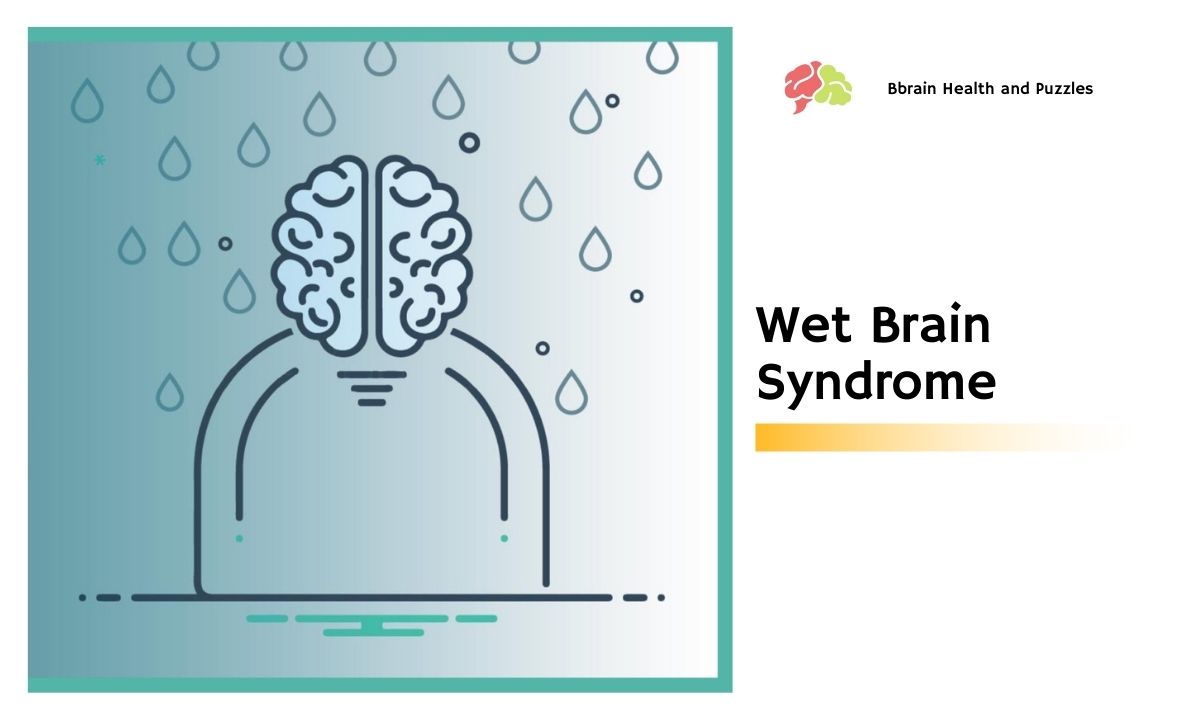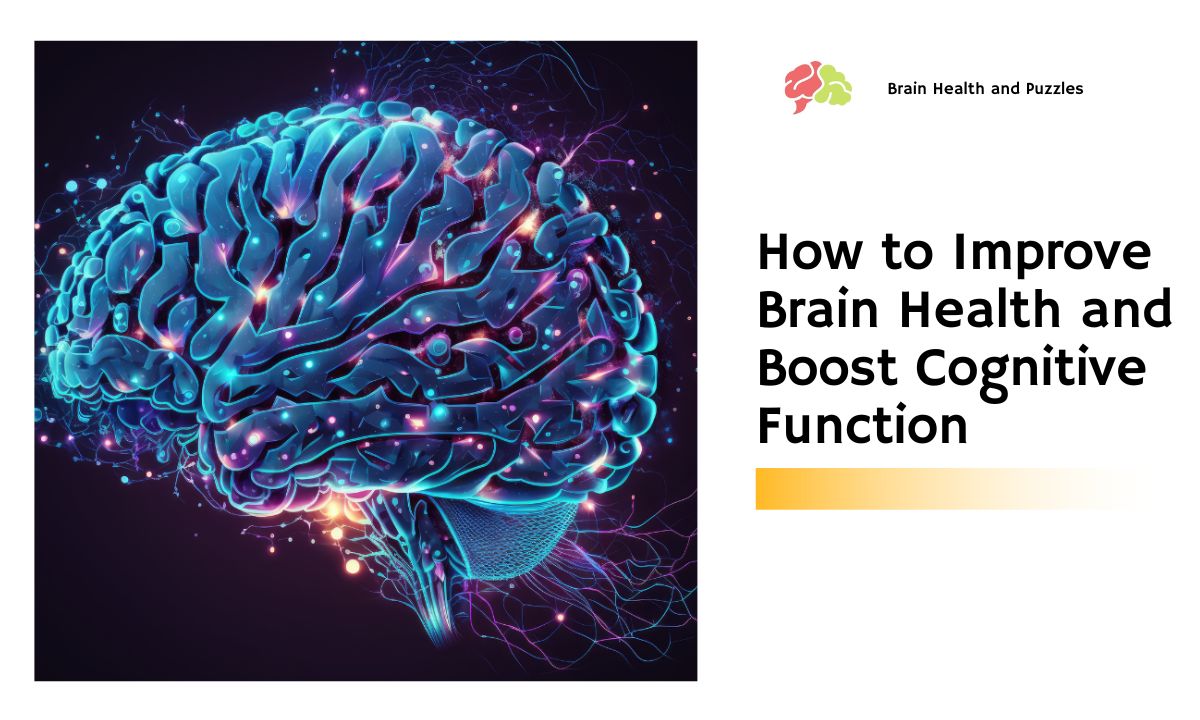Wet Brain Syndrome

A Vitamin Deficiency
Wet Brain Syndrome is known by several names including Korsakoff psychosis, alcoholic encephalopathy, and Wernicke’s disease among others. The most common medical term for Wet Brain Syndrome is Wernicke-Korsakoff syndrome and is caused by a deficiency in one of the B vitamins called thiamine.
Thiamine is also occasionally referred to as vitamin B1. Thiamine is important for a large number of cellular processes, many of them involving glucose metabolism and amino acid synthesis. One of the reasons that thiamine deficiency can cause such havoc in the brain is because the brain, unlike other organs, needs a steady supply of glucose from the blood and does not have the ability to store it.
Also, many neurotransmitters, like glutamate and aspartate are amino acids, while others depend on amino acids for their synthesis. In addition to Wet Brain Syndrome, thiamine deficiency can also lead to a disease called Beriberi.
Causes of Wet Brain Syndrome
One of the most common causes of thiamine deficiency, and therefore Wet Brain Syndrome, is alcoholism. People who have severe alcoholism will drink so much alcohol that they neglect getting nutrition from sources other than alcohol. This leads to B1 deficiency as well as overall malnutrition.
Thiamine deficiency is also seen in people who eat a diet rich in polished rice since the process of polishing rice removes vitamin B1. People that undergo stomach bypass and stapling surgery can develop vitamin B1 deficiency and so can those who have long stays in an intensive care unit.
Symptoms of Wet Brain Syndrome
Wet Brain Syndrome is characterized by many different neurological and psychiatric symptoms. Two of the main symptoms, which are also seen in alcohol intoxication, are confusion and ataxia. This is why the disease is sometimes difficult to diagnose in severe alcoholics.
 Many symptoms of Wet Brain Syndrome involve the eye including nystagmus (a lateral tremor of the eye), ophthalmoplegia (paralysis of the eye muscles), anisocoria (unequal pupil size), and sluggish pupil reflexes (the eyes only slowly react to light). Korsakoff’s psychosis is characterized by amnesia, hallucination, and confabulations.
Many symptoms of Wet Brain Syndrome involve the eye including nystagmus (a lateral tremor of the eye), ophthalmoplegia (paralysis of the eye muscles), anisocoria (unequal pupil size), and sluggish pupil reflexes (the eyes only slowly react to light). Korsakoff’s psychosis is characterized by amnesia, hallucination, and confabulations.
A confabulation is a fascinating psychiatric symptom in which people incorporate fantasy or a figment of their imagination into their working memory. They are also extremely suggestible. An example of confabulation is when a doctor, who has only just met a patient with Wet Brain Syndrome can easily convince him that they are long-time acquaintances. The patient then begins to confabulate other instances in which the two have interacted.
A Serious Disease
Sadly, if left untreated, Wet Brain Syndrome can lead to coma or even death. In fact, if amnesia and psychosis have already occurred, it is unlikely that a full recovery will be achieved. Another reason individuals should seek alcohol rehab programs is as soon as they recognize a problem.
One pitfall for physicians that treat alcoholic patients is that thiamine deficiency is often sub-clinical meaning that it does not yet result in obvious signs of Wet Brain Syndrome. Since many people with alcoholism are malnourished, one obvious intervention is to give patients glucose.
Unfortunately, giving glucose to someone with thiamine deficiency without first giving thiamine can result in a terrible exacerbation of Wet Brain Syndrome and put them into full-blown encephalopathy. Medical students are routinely taught if you are going to treat for malnutrition that you better give thiamine before the sugar!



